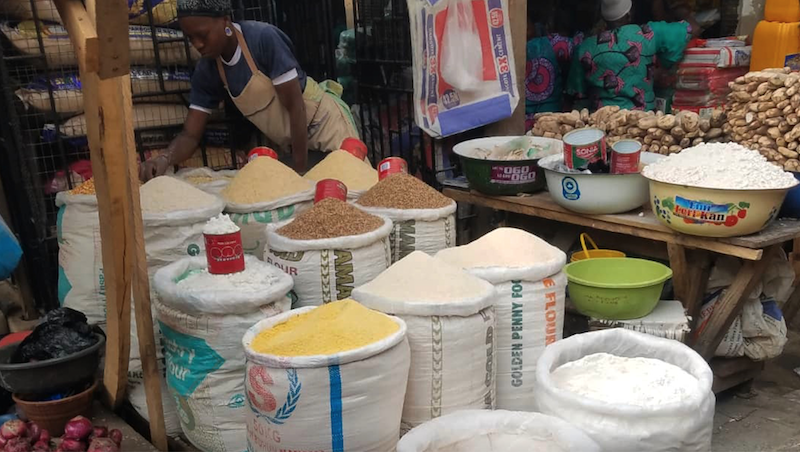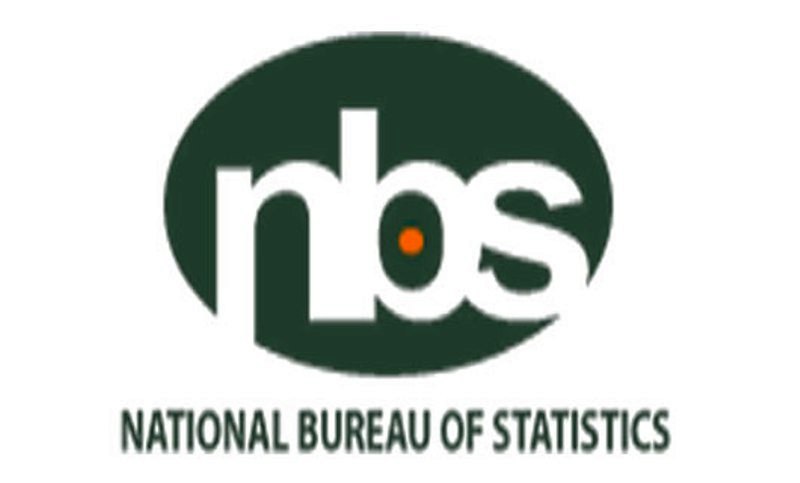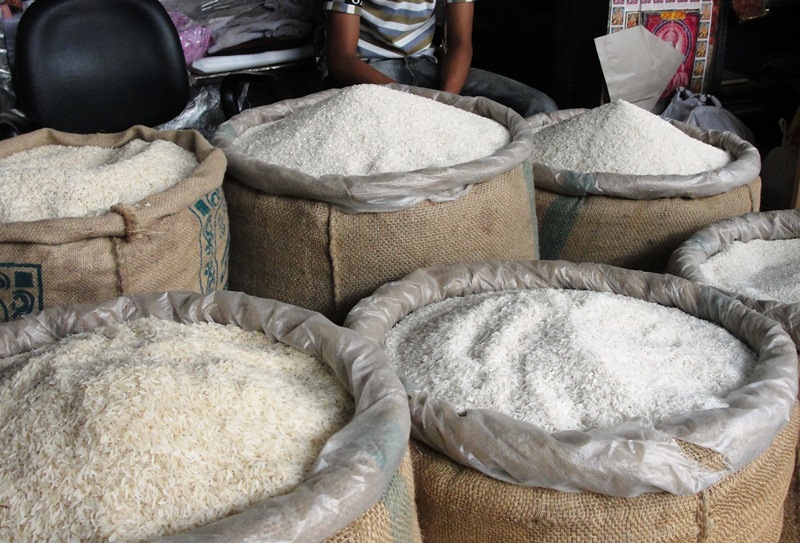Nigeria is grappling with a multitude of significant challenges, each akin to a ‘ticking time bomb’ that threatens national stability. Among these, the most pressing yet underappreciated is food insecurity. Despite its critical nature and its direct link to national security, food insecurity has not received the urgent attention it requires from the federal and state governments. This crisis not only impacts the day-to-day lives of citizens but also undermines the country’s economic prospects and national security. The time to act is now, as government responses have often appeared chaotic or detached, failing to address the root causes of the problem.
The failure to prioritise food security today will have severe long-term consequences. Statistics from the United Nations Food and Agriculture Organisation (FAO) reveal that as of 2023, approximately 25 million Nigerians were facing moderate to severe food insecurity. This represents a 20% increase from the previous year, primarily attributed to escalating inflation, insecurity, and the effects of climate change. These figures underscore the urgent need for a coherent, focused strategy to tackle food insecurity and avoid an even more profound crisis in the future.
Nigeria can learn from successful food security strategies implemented in countries like India and Brazil, which have significantly reduced their food insecurity rates. By adopting similar approaches, Nigeria can make significant progress in addressing this crisis.
Food insecurity in Nigeria is not a standalone issue but a complex web of interrelated factors. One of the most significant contributors is farmers’ lack of access to affordable capital. Agriculture, which employs over 70% of Nigeria’s rural population, remains stifled by high interest rates. The Central Bank of Nigeria (CBN) maintains a benchmark interest rate of about 27.5%, while commercial bank interest rates range between 30-40%. These exorbitant rates make it nearly impossible for farmers to secure the financing they need to expand operations or adopt modern farming techniques. This is just one thread in the intricate fabric of Nigeria’s food insecurity.
Farming is not just about planting seeds; it is a business that requires long-term investment. In Nigeria, however, the business environment prioritises short-term profit over sustainable growth. This mindset makes agriculture less attractive to investors, leaving farmers without the resources necessary to improve productivity. As a result, food production is declining year after year, exacerbating the country’s already severe food insecurity. A 2021 study by Nigeria’s National Bureau of Statistics (NBS) reported a 15% decrease in agricultural output over the past five years, a troubling trend that, if unchecked, could lead to even more significant food shortages in the near future.
Physical insecurity is another major factor contributing to Nigeria’s food insecurity. In many agricultural regions, particularly in the North, widespread violence has severely hampered farming activities. Banditry, farmer-herdsmen conflicts, and kidnappings have created a climate of fear, driving farmers away from their land. According to the Global Terrorism Index, Nigeria ranked sixth globally for terrorism in 2023, with bandits and insurgents regularly attacking farming communities. This violence has significantly reduced agricultural output. For example, Zamfara State, once a major rice and millet producer, saw a 50% reduction in agricultural production due to the displacement of farmers. The fear generated by these violent activities has discouraged new agricultural investments and forced many farmers to abandon their fields.
The impact of food insecurity extends beyond agricultural productivity. As food production declines, prices rise, worsening the social and economic fabric of the country. In June 2024, Nigeria’s inflation rate hit a record high above 33%, primarily driven by rising food prices. According to the NBS, food prices increased by an average of 26.98% between June 2022 and June 2023. This year, food inflation is about 40%. In a nation where over 40% of the population lives below the poverty line, these price increases have pushed millions into deeper poverty, leading to further social unrest.
Rising energy costs have also played a significant role in driving food insecurity. Agriculture, which relies heavily on mechanisation, transportation, and irrigation, is particularly vulnerable to fluctuations in fuel prices. The removal of Nigeria’s fuel subsidies in 2023 led to a sharp rise in petrol and diesel prices, making it more expensive to power farm machinery and transport goods. According to a 2023 report by the Nigeria Association of Chambers of Commerce, Industry, Mines, and Agriculture (NACCIMA), the cost of transporting farm products from rural areas to urban centres increased by nearly 50% following the fuel price hike.
Nigeria’s infrastructure deficits further exacerbate the food insecurity crisis. Poorly maintained roads, inadequate railways, and insufficient storage facilities limit the movement of agricultural goods from farms to markets. For example, the roads connecting many farming regions in the North to major cities like Lagos and Abuja are often described as “death traps” due to their deplorable condition. A 2022 World Bank report estimated that 40% of Nigeria’s post-harvest losses are due to poor infrastructure, particularly the lack of storage facilities and bad roads. These losses reduce food availability and contribute to higher food prices, making it harder for people to access affordable nutrition.
Nigeria has increasingly relied on food imports in response to the escalating food crisis. However, while this provides temporary relief, it is not a sustainable solution. Imports from countries with higher agricultural productivity and cheaper energy merely suppress domestic agriculture. According to the National Bureau of Statistics, Nigeria spent over $5 billion on food imports in 2023, including rice, wheat, and maize. This reliance on imports undermines local production and exports job opportunities abroad, especially in rural areas where agriculture could be a significant employer.
By importing food, Nigeria effectively exports jobs, reducing local employment in the agricultural value chain and related industries. For instance, the importation of rice from Thailand and India contributed to the near collapse of the domestic rice industry, which once employed hundreds of thousands of Nigerians.
Furthermore, food imports compromise national security. A country that cannot feed itself is vulnerable to external shocks, as demonstrated during the COVID-19 pandemic and the ongoing Ukraine war, which disrupted global supply chains. The lesson is clear: reliance on imports makes Nigeria susceptible to global crises, while self-reliance in food production is essential for long-term stability.
To address these challenges, Nigeria must create a sustainable agroecosystem that enhances comparative and competitive advantages in agriculture. This requires significant investments in critical sectors of the agricultural value chain. Fertilisers and agrochemicals, for example, are essential to boosting productivity, yet the supply of these inputs remains erratic and expensive. A 2023 report by the International Fertiliser Development Centre noted that Nigeria faces a 40% shortfall in fertiliser supply, contributing to lower crop yields.
Mechanisation must also be prioritised. The current level of mechanisation in Nigerian agriculture is one of the lowest in Africa, with only about 1.5 tractors per 1,000 hectares of arable land, compared to the global average of 10 tractors. Increased mechanisation would enhance productivity and reduce reliance on manual labour, making farming more attractive to younger generations.
Logistics and marketing systems are equally important. Efficient transportation networks are essential for moving produce from farms to markets. Meanwhile, agro-industrial processing can add value to Nigeria’s agricultural products, increasing export potential. Countries like Kenya and Ethiopia have successfully boosted their agricultural exports by investing in agro-processing industries, and Nigeria could follow a similar path. A few states like Niger, Jigawa, Nasarawa, Kwara, Edo, and Enugu, among others, have shown commitment to agricultural revolution and agro-industrialisation.
Technology also holds the potential to revolutionise Nigerian agriculture. Adopting agrotech innovations like precision farming and drone-assisted monitoring could improve yields and reduce costs. Some Nigerian startups, like Thrive Agric and Farmcrowdy, have already begun leveraging technology to modernise farming practices, but more investment and support are needed to scale these efforts.
This requires leadership and the political will to transform the agriculture sector. The ministers and high government officials operating at the strategic level must articulate a clear vision and set SMART goals to help transform our agriculture sector. We salute the efforts they have put in so far, but we are calling for more to be done. We have lost years in this food problem, and today is the next best time to get things right to avert food insecurity now and in the future. Nigerians expect clear leadership in opening our agriculture sector across the value chain.
In conclusion, food insecurity and its cousin, hunger, should not be featured in a country with vast arable land and a vibrant youth population. Food security is a vital aspect of national security. Hunger is warfare by other means. While short-term solutions like food imports may temporarily ease the situation, they do not address the underlying causes of the crisis and may exacerbate long-term problems. The government must proactively invest in agriculture through targeted strategies prioritising mechanisation, logistics, and agro-processing.
Food security is not just about feeding the population—it is about safeguarding Nigeria’s future stability and prosperity. Without urgent action, the country risks deepening its economic and social challenges, potentially destabilising the nation further. The time to act is now before the “ticking time bomb” of food insecurity explodes.





